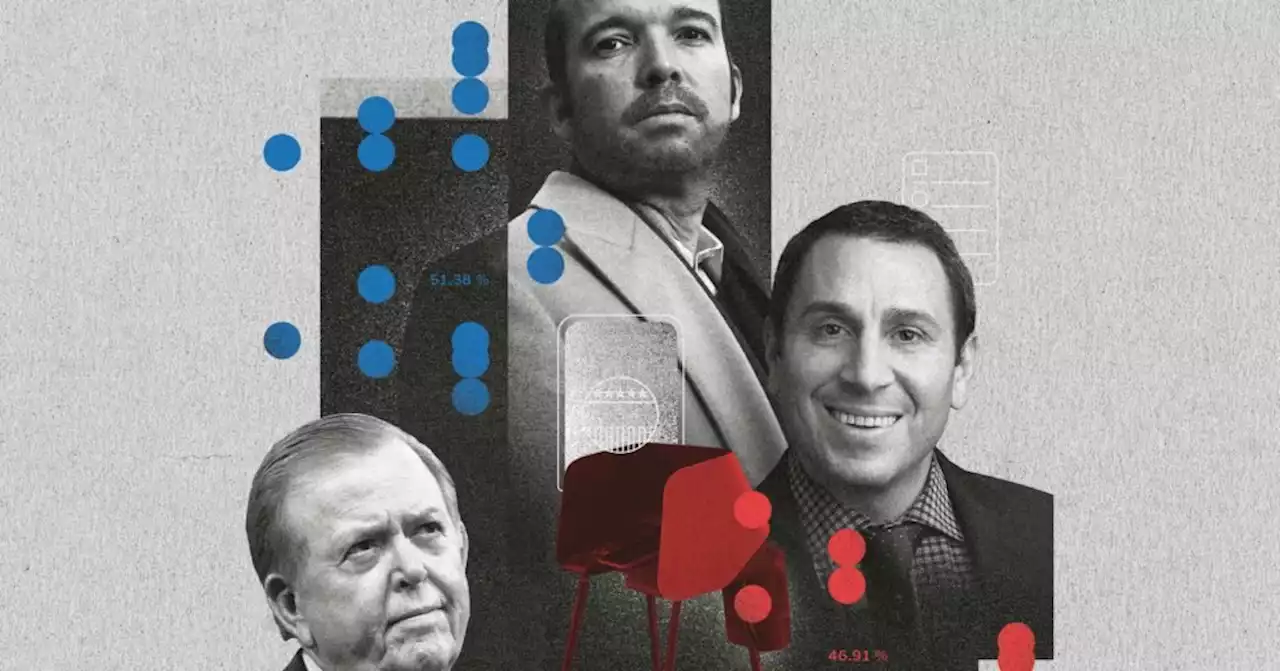Smartmatic’s case may come to represent an urgent and critical new countermeasure in the battle for truth in public discourse—a blunt weapon against the real fake news.
Day in 2020, when he learned that had become a central villain in Donald Trump’s Big Lie. At first, the idea seemed more preposterous than dangerous. Mugica couldn’t imagine that anyone would take seriously the notion that his election technology company, Smartmatic, had rigged the presidential race. After all, Smartmatic’s software had been used in only a single county, Los Angeles, and it had nothing to do with tabulating votes.
Then another conspiracy theorist explained to viewers that Smartmatic’s software could be loaded onto voting machines in order to effectuate the fraud. “They can do it from Germany or Venezuela, even,” Sidney Powell, then a lawyer for the Trump campaign, said during a Fox News appearance. “We’ve identified mathematically the exact algorithms they used and plan to use from the beginning to modify the votes, in this case, to make sure Biden won.
It was then that Mugica made a decision that would turn his anonymous tech company into a high-profile cause. He hired a notoriously tough libel lawyer who, in February 2021, filed a $2.
It took a certain cable-news rabble-rouser, though, to elevate the municipal mess into a national news story. “We know what we’re dealing with,” Lou Dobbs, then working for CNN, told viewers. “And it is a dysfunctional government [Venezuela] that is trying to render our elections precisely the same.”
Over the next few years, Smartmatic focused on its overseas expansion while developing a strategy to reenter the lucrative American market. Company leaders populated the board of its subsidiary that operates in the US with former senior federal officials—Peter Neffenger, the ex–TSA director; Paul DeGregorio, former chairman of the US Election Assistance Commission—to boost its credibility in the States.
“It can set and run an algorithm,” as Powell put it, “to take a certain percentage of votes from President Trump and flip them to President Biden, which we might never have uncovered, had the votes for President Trump not been so overwhelming in so many of these states that it broke the algorithm that had been plugged into the system.”
Defamation suits won’t be enough to redress the structural and cultural forces that continue to sustain viral conspiracies like the Big Lie. “Those are three core facts that are very easy for me to demonstrate aren’t true,” Connolly says. “And so, based on that set of facts, it seemed like they would be able to have a very strong case.”
Courts tend to weigh free-speech rights carefully. And not surprisingly, Paul Clement—the Washington superlawyer who’s representing Fox News and its current and former hosts in this case—has put forth a First Amendment defense. “Smartmatic’s 285-page, $2.7 billion complaint is not just meritless,” Clement and other lawyers said in a court filing on behalf of Maria Bartiromo, “it is a legal shakedown designed to chill speech and punish reporting on issues that cut to the heart of our democracy.
At the same time, the lawyers for Giuliani, Powell, Fox Corp., and its current and former hosts have also added an interesting wrinkle to their defenses. In most defamation cases, plaintiffs must prove only that the published statements about them were false, harmful assertions of fact that were made negligently. In this case, the lawyers have all argued that Smartmatic isn’t a private entity but rather a public figure.
Last August, the two sides met virtually for a hearing on a Fox News motion to dismiss the case. David Cohen, the New York state judge presiding over the matter, seemed skeptical. During oral arguments, he referenced a false statement made on the air by Lou Dobbs: that Smartmatic’s technology had been banned in Texas prior to the 2020 election. “How is that not defamatory?” Cohen inquired, according to CNBC.com.
